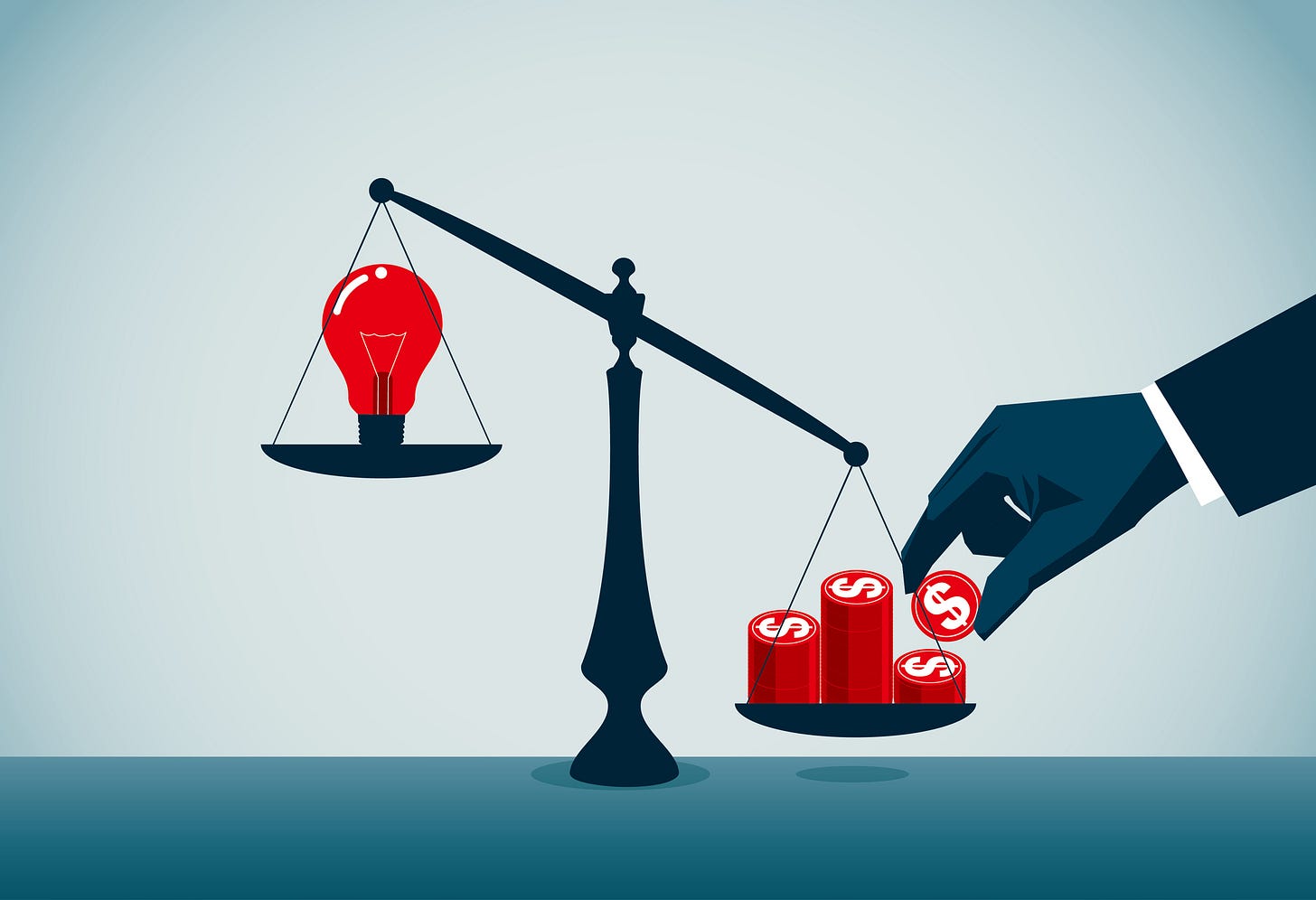The Importance of Creating Calm in Our On-Demand World
We all know the never-ending conflict: wanting to spend personal time with family and friends but also needing to spend time working.
The constant pull between these two potentially conflicting goals creates stress in our priority ranking system. And, even worse, it can prevent us from being fully present in either world, left with thoughts fixated mainly on the future instead of fully living in the moment.
This is a common and significant problem in real estate sales and nearly every other job that is becoming ever more "on-demand" due to technology advances. Indeed, COVID has made it worse, as larger companies have become equipped to let their employees work from home.
In many ways, a work-from-home scenario has benefits, but the major downside is that it is cementing an "always work," on-demand work culture that makes it increasingly more difficult to "turn off" and find some measure of calm.
It doesn't have to be that way.

Changing Without Leverage
The key to changing personally, and without the leverage of outside help, is to train yourself to create time-block boundaries based on your priorities rather than letting your company set your predetermined schedule or just leave you on-demand. When you don't set these personal boundaries, and learn how to create your own routines and rules by self-governance, work will continue to creep into your free, creative time. And when you feel you can never turn off, burnout happens because your creative time is where you refresh and gain inspiration.
The first step toward a reset is to give yourself permission to turn off, and then actually do it. This requires both awareness and discipline. For example, we all know our phones are the biggest disrupters to personal time. So, we must take action to prevent them from taking us out of the present. Leave your phone on silent in the other room when you are at home for family time. When friends or family are visiting, ask everyone to put their phones on silent, throw them into a basket, and take the basket to another room. (We all know the temptation of checking notifications flashing on the screen when they are with us.) When out at a restaurant, leave your phone in the car.
Admittedly, this occasional but intentional estrangement from your phone may seem pretty radical, and make a lot of people nervous. But removing that potential temptation in order to ensure that you are fully present helps you learn how to truly connect with others and socialize again. That is a good thing, both personally for your inner life, and professionally. In fact, I have found that this no-phone approach has created new business opportunities. How? Because the relationships I developed without constant interruption, with listening fully instead of half-listening while looking at my phone, are deeper and more enduring. I urge you to try it.

Changing With Leverage
You may be rolling your eyes right now. You may be saying to yourself, “Jon, get real, I'm in sales. I never know when my phone is going to ring, and if I don't have my phone then I can't make money.” That's true, but it’s a problem that's already been solved by nearly every major company. They simply establish a call center/answering service that takes the calls, sets appointments, and then allows them to get back to their customers during business hours or after their creative time. The most important thing is that they have a plan, and you can do the same thing with your small business.
The issue isn’t that you are in the "wrong" industry to have a little calm in your life, or that it’s inevitable that you will burn out. The issue is having a simple business problem that requires a simple solution. You have to be open to the nature of your business, aware of the problem area, and willing to build a system around it in order to get what you want. The system you now have just needs to be improved in order to allow better work and lead flow in your organization. And doing that is not necessarily financially burdensome; there are reasonably priced options out there. Feel free to DM me for a suggestion.
The Power of Calm
In general, being calmer and more focused not only makes you feel better, more connected to the life you hope to achieve, it also allows you to make better decisions. When you make better decisions, you become more effective. When you are more effective, you work more efficiently—you work less--yet often make more money. So, for example, when answering phone calls is a constant disrupter, leveraging that activity is the answer, not giving away your life to the whims of your business.
The truth is, working longer and harder is often not the solution. Being on-call and on-demand is not the solution.
Good decision-making and high leveraging is the solution.
Something as simple as turning your phone off and building a system around it being answered by someone else until you are ready to resume business time, could be one important solution.
The way I see it, I can be the best by working the hardest and longest, or I can be the best by working the most intelligently. I prefer the latter approach.
Consider Warren Buffett, who makes one or two big business decisions per year. Most of his time is spent reading books and S-1s, playing golf and bridge, and enjoying other recreational activities. He nurtures a peaceful present and is able to make better decisions because of it.
Likewise, Robert O'Neill, the Navy SEAL who killed Osama Bin Laden, recognizes how maintaining calm improves decision-making. I recently had the privilege of being on a conference call with him, and I was struck by his comment about the importance of being calm.
"If you really think about it, the SEALS effectively just teach you to be calm in any situation,” he said. “Because the more calm you are, the better decisions you make, and the more likely you are to have the outcome you desire."
So, time to get to work. What can you leverage out that will make you calmer, more able to make better decisions, and more effective?
--

